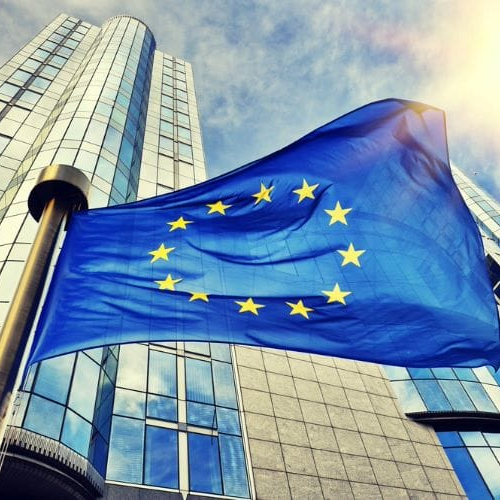The European Union (EU) has made it clear that it will continue its sanctions on Syria until the country’s government proves that it is committed to protecting the rights of minorities and women. The EU’s stance is based on the belief that any future leadership in Syria must show a real dedication to human rights before the international community will consider lifting sanctions. These sanctions have been in place for years and are part of the EU’s pressure to see improvements in the country’s human rights record, particularly in the treatment of vulnerable groups.
Human Rights Are Key to Sanctions
The EU is focused on one key issue: the protection of human rights. This includes making sure that people from all different ethnic and religious backgrounds in Syria are treated fairly and with respect. It also involves ensuring that women in Syria can live without fear of discrimination or violence. The EU has been adamant that any future government in Syria must guarantee these rights, particularly for women and minorities. Without these guarantees, the EU has said that it will not consider lifting its sanctions, which include travel bans, asset freezes, and restrictions on trade.
The EU has expressed that it is waiting to see real actions from Syria’s new leaders that show they are serious about protecting the rights of everyone in the country. These sanctions are meant to encourage the country’s government to move towards a system where people are treated equally, no matter their background or gender. Until these changes are made, the EU will keep up its pressure through these sanctions.
Rebuilding Syria with Justice and Accountability
While the EU’s sanctions remain firmly in place, the union is also focused on helping Syrians in need. It continues to be the largest donor of humanitarian aid to Syria. However, the EU insists that any financial help for rebuilding the country will not be given until there is proper accountability for the harm caused by the regime of former President Bashar al-Assad.
Israel Targets Strategic Weapons in Syria as Putin Grants Assad Asylum
Syria has gone through years of devastating conflict, with many reports of human rights abuses by the Assad regime. These include the use of chemical weapons, attacks on civilian populations, and widespread torture. The EU believes that any efforts to rebuild Syria must include justice for these crimes. This means that Syria’s leaders must be held accountable for the suffering of many Syrians. International organizations, like the International Criminal Court (ICC), are seen as important players in ensuring that justice is served. The EU stresses that rebuilding Syria must not happen without addressing these past abuses.
For now, the EU is waiting to see how Syria’s new leaders will act. Only when there is clear evidence that they are ready to provide accountability for the past and ensure justice for those affected by the conflict will the EU consider changing its position on sanctions.
No Expansion of Financial Support Until Action Is Taken
One of the key points discussed by EU foreign ministers is that the EU is not planning to expand its financial support for Syria at this time. While the EU provides humanitarian aid to help those in need, it is clear that any increase in financial support will only come when Syria shows significant progress in terms of human rights and justice.
The EU has made it clear that it will not provide additional funding to Syria’s reconstruction efforts until the country’s new leadership demonstrates real and lasting commitment to protecting the rights of all its citizens. This means that, despite being the largest donor of humanitarian aid to Syria, the EU will not contribute to rebuilding the country’s infrastructure until it can be sure that these new leaders will act in the best interests of all Syrians, particularly women and minorities.
The EU is waiting for specific actions to be taken by Syria’s interim leaders before it considers expanding its financial support. These actions must show a real commitment to human rights, transparency, and accountability. Until then, the EU will continue its policy of sanctions and careful monitoring of Syria’s progress.


